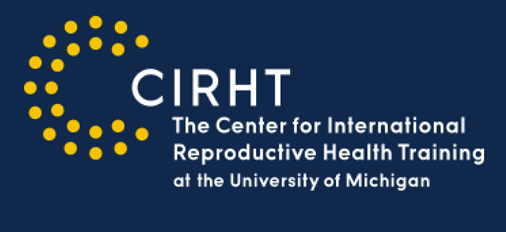Speaker
Description
Abstract
Background: The neonatal period, the first 28 days of life, is critical for both the newborn and the parents, especially mothers, as they transition into parenthood. Worldwide, mothers with babies in NICU confront stressful experiences owing to the treatments, conditions, and separation influencing their thoughts, state of mind, relationships, and interactions with their babies. In Northern Uganda, where access to healthcare services is limited and the NICU infrastructure is still developing, there is limited research on the lived experiences of mothers in this context. This study, therefore, aimed to investigate the lived experiences of mothers with babies in the NICU of Lira Regional Referral Hospital.
Objective: To describe mothers' experiences with babies in the neonatal intensive care unit at Lira Regional Referral Hospital, and explore the coping strategies employed by these mothers.
Methods: The study employed a descriptive phenomenological inquiry among purposively selected 10 mothers whose babies were admitted in NICU of Lira Regional Referral hospital in Northern Uganda during the time of data collection. Face to face in-depth interviews were conducted in June 2024. A thematic analysis approach was used to identify patterns, themes, and categories within the data.
Results: The mothers were Christians, aged 18 to 38 years. Half of the mothers had completed primary education, were businesswomen, Six had delivered via Cesarean section, and four had four or more children. Four major themes were noted regarding their lived experiences: anxiety, sadness, and worries; the burden of hospitalization; satisfaction with healthcare; and their perspectives on life and motherhood. Additionally, three themes related to coping strategies were identified: faith in God, self-care practices, and support from healthcare providers, family, and support groups.
Conclusion: The findings emphasize the significant emotional toll of neonatal intensive care unit admission on mothers and highlight the urgent need for comprehensive support systems that encompass both medical and psychosocial needs, improved communication, enhanced hospital resources, and peer support networks for better maternal and infant outcomes.


